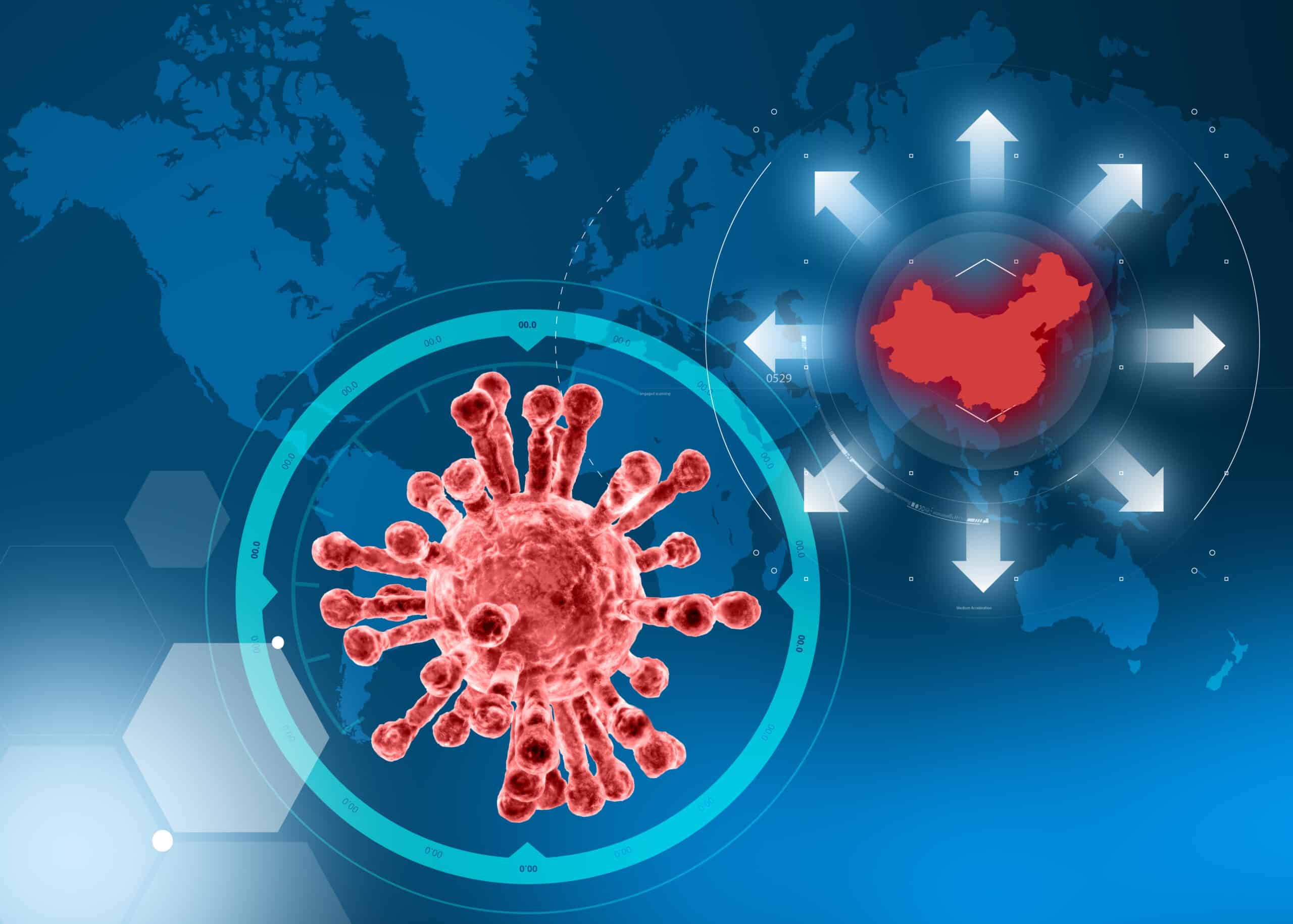The agency has just updated its guidance on May 13, 2021, for COVID behaviors, being specifically advantageous to those who have chosen to take any of the experimental vaccines being offered under emergency use authorization from the FDA.
- If you are fully vaccinated, you can resume activities that you did prior to the pandemic.
- Fully vaccinated people can resume activities without wearing a mask or physically distancing, except where required by federal, state, local, tribal, or territorial laws, rules, and regulations, including local business and workplace guidance.
However, if you have a condition or are taking medications that weaken your immune system, you may NOT be fully protected even if you are fully vaccinated. Talk to your healthcare provider. Even after vaccination, you may need to continue taking all precautions.
In general, people are considered fully COVID vaccinated:
- 2 weeks after their second dose in a 2-dose series, such as the Pfizer or Moderna vaccines, or
- 2 weeks after a single-dose vaccine, such as Johnson & Johnson’s Janssen vaccine
If you’ve been fully vaccinated:
- You can resume activities that you did prior to the pandemic.
- You can resume activities without wearing a mask or staying 6 feet apart (some states have lowered this to 3 feet), except where required by federal, state, local, tribal, or territorial laws, rules, and regulations, including local business and workplace guidance.
- If you travel in the United States, you do not need to get tested before or after travel or self-quarantine after travel.
- You need to pay close attention to the situation at your international destination before traveling outside the United States.
- You do NOT need to get tested before leaving the United States unless your destination requires it.
- You still need to show a negative test result or documentation of recovery from COVID-19 before boarding an international flight to the United States.
- You should still get tested 3-5 days after international travel.
- You do NOT need to self-quarantine after arriving in the United States.
- If you’ve been around someone who has COVID-19, you do not need to stay away from others or get tested unless you have symptoms.
- However, if you live or work in a correctional or detention facility or a homeless shelter and are around someone who has COVID-19, you should still get tested, even if you don’t have symptoms.
What You Should Keep Doing
For now, if you’ve been fully vaccinated:
- You will still need to follow the guidance at your workplace and local businesses.
- If you travel, you should still take steps to protect yourself and others. You will still be required to wear a mask on planes, buses, trains, and other forms of public transportation traveling into, within, or out of the United States, and in U.S. transportation hubs such as airports and stations. Fully vaccinated international travelers arriving in the United States are still required to get tested within 3 days of their flight (or show documentation of recovery from COVID-19 in the past 3 months) and should still get tested 3-5 days after their trip.
- You should still watch out for symptoms of COVID-19, especially if you’ve been around someone who is sick. If you have symptoms of COVID-19, you should get tested and stay home and away from others.
- People who have a condition or are taking medications that weaken the immune system, should talk to their healthcare provider to discuss their activities. They may need to keep taking all precautions to prevent COVID-19.
Keep in mind these shots do not guarantee that you will not get sick and develop COVID-19, but if you do studies suggests that it might help you to experience less severe symptoms of illness.
What We’re Still Learning
- How effective the vaccines are against variants of the virus that causes COVID-19. Early data show the vaccines may work against some variants but could be less effective against others.
- How well the vaccines protect people with weakened immune systems, including people who take immunosuppressive medications.
- How long COVID-19 vaccines can protect people.
Those that don’t meet the “fully vaccinated” requirements, regardless of age must continue taking all precautions, unless you become “fully vaccinated.”
- Everyone 2 years and older should wear a mask that covers their nose and mouth to help protect yourself and others in public.
- Stay 6 feet apart from others who don’t live with you (some states are now at 3 feet).
- Get a COVID-19 vaccine when it is available to you.
- Avoid crowds and poorly ventilated indoor spaces.
- Wash your hands often with soap and water. Use hand sanitizer if soap and water aren’t available.




